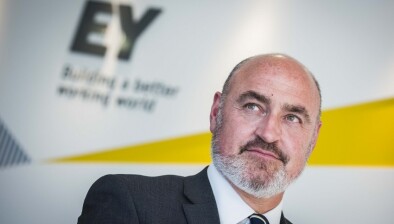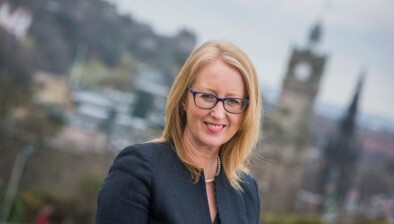UK consumer price inflation falls to 0.3% in November
Consumer price inflation fell back much more than expected to a three-month low of 0.3% in November, having risen to a three-month high of 0.7% in October, according to the latest statistics from the Office for National Statistics (ONS).

The three month high has been up from 0.5% in September and 0.2% in August. August’s level had been the lowest since January 2016. The consensus expectation had been for inflation to dip to 0.6% in November.
Falling prices for clothing, and food and non-alcoholic beverages resulted in the largest downward contributions (of 0.17 and 0.09 percentage points respectively) to the change in the CPIH 12-month inflation rate between October and November 2020.
These were partially offset by upward contributions from games, toys and hobbies in the run-up to the festive period alongside accommodation services.
Core inflation moderated to 1.1% in November after rising to 1.5% in October from 1.3% in September.
Economic forecaster EY ITEM Club suspects consumer price inflation will likely edge back up to 0.5% in December. It expects this will be partly due to the downward impact from clothing and footwear unwinding. The forecaster expects it will then hover around this level through early-2021 before starting to trend up gradually.
Price conscious consumers, excess capacity, limited earnings and curtailed economic activity are likely to limit inflation in the near term at least.
Howard Archer, chief economic advisor to the EY ITEM Club, said: “Following its substantial bounce back in the third quarter, the economy is highly likely to see a renewed – albeit modest – contraction in the fourth quarter due to England’s second national lockdown and the still-appreciable restrictions on activity thereafter. This will increase excess spare capacity in the economy.
“Meanwhile, unemployment looks likely to continue to rise over the coming months, despite the extension of the furlough scheme to March. Along with limited earnings, this will constrain consumer spending. Limited earnings will also have a dampening impact on inflation.
“The EY ITEM Club expects inflation to start rising from the second quarter of 2021 as the temporary VAT cut for the hospitality sector ends at the end of March. Unfavourable base effects resulting from the fall in oil prices in the early months of 2020 will also have an upward effect on inflation in the early months of 2021. An expected gradual firming of the recovery after early-2021 will also likely have some upward impact. Despite these factors, inflation is unlikely to rise quickly and could be around 2.0% by the end of 2021.”
He added: “There was evidence of limited price pressures further down the supply chain in November with producer input prices falling 0.5% year-on-year as they rose 0.2% month-on-month. Meanwhile, producer output prices were down 0.8% year-on-year as they also rose a modest 0.2% month-on-month.”
“Should the UK ultimately leave the EU without a trade deal, the EY ITEM Club suspects consumer price inflation could reach 3% during 2021 before easing back, due to a net upward impact from tariffs and a likely marked weakening of sterling.”







